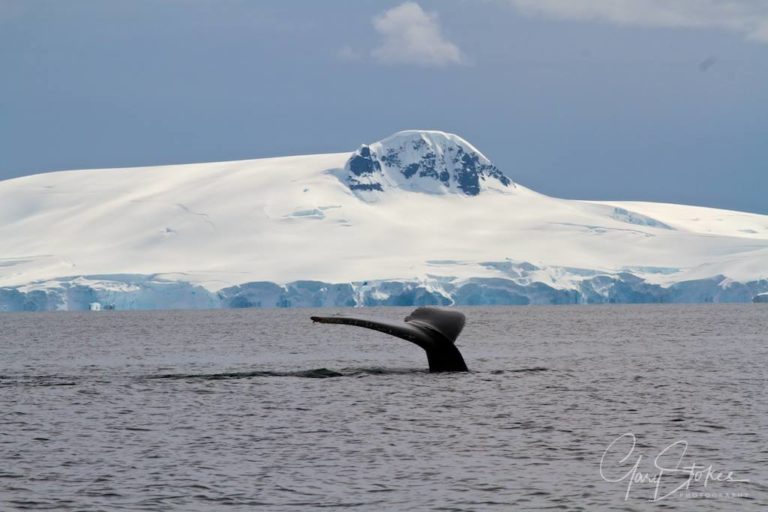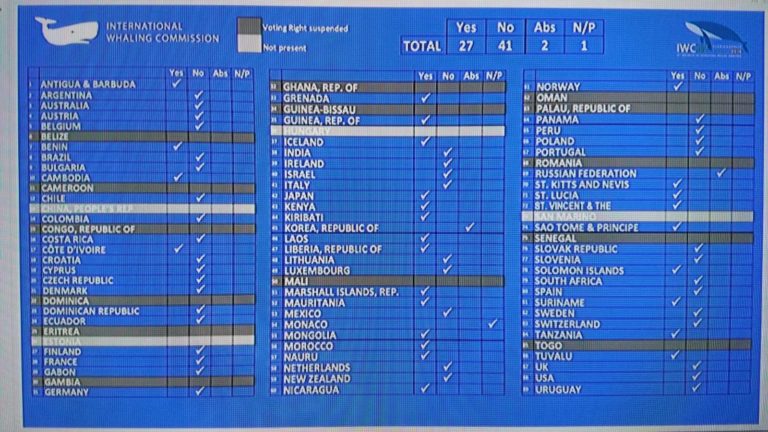
Why Japan’s Decision To Leave The IWC Could Be Very Bad News
By Gary Stokes, Dec 27th, 2018
Whilst this news comes as no real surprise to many in the conservation world, with some celebrating this as a victory, I do not! Sure there are some victories interlaced with this decision, however I fear that this could not have been worse news for the whales of the world.
Japan has never hidden the fact that they want to resume full commercial scale whaling of the worlds whales. They have however insulted the world by trying to carry out commercial whaling under the guise of “scientific whaling”, buying time until they managed to reach the majority of votes needed in the IWC (International Whaling Commission) to end the current moratorium that is in place that bans whaling. After years of trying to overturn this moratorium and failing, sometimes with the narrowest of margins they have finally decided to throw the towel in and leave. This was also likely cemented by ‘The Florianopolis Declaration’ decided in Sept 2018 at the IWC which states that “the purpose of the IWC is the conservation of whales and that the commercial killing of whales is to no longer be up for further discussion”.
Japan did announce that it will no longer return to the waters off Antarctica to kill whales in a United Nations established whale sanctuary so this is a victory for the whales. No longer will the tranquil waters of Antarctica run red with the blood of whales, killed by Japanese grenade tipped harpoons. So where will they hunt?
Japan has announced that they will hunt whales in their own waters and EEZ (Exclusive Economic Zone, the waters up to 200 miles from it’s coast) however will they stop there, especially with Fukushima pumping radioactive water into their local waters?
Japan has long been funding membership fees and buying the votes at the IWC of poorer developing nations in return for their favorable vote and this has not worked, however they have reached a stalemate that they have been unable to break.
If I was Japan, I’d throw the IWC towel in too and save the money. The cost of buying votes added to the cost of sending your whaling fleet to the Southern Oceans is far greater than an alternative that I think many are missing.
As with modern day commercial fishing, if your a rich nation you buy the rights to ‘fish’ in a countries waters and EEZ. We have seen this in African nations and some SE Asian coutries, many of whom vote in favour of Japan at the IWC.
Here is my prediction;
1. We will see many of the pro-whaling (pro-Japan) nations also leave the IWC.
2. Japan will buy the rights to whale in these countries EEZ.
3. Whales could then be killed all around the world LEGALLY.
Whales are protected by CITES (Convention on International Trade of Endangered Species) which restricts the trade across international borders of species listed on it appendices, of which all whales are Appendix 1, the highest level of protection. Therefore if whales were landed in the host nation, that country may then be subject to CITES violations. However if they are not landed and taken aboard the Japanese whale factory ship, Nisshin Maru within the countries EEZ, they could then be taken directly back to Japan and ‘introduced from the sea’ in Japan, in line with International agreements. This would be far more cost effective than sending a fleet to the Southern Oceans.
There have been rumors circulating from Timor Leste and Mauritius among others that Japan has been courting, to allow them to hunt whales in their waters in return for funding, and this IWC news makes these rumors all the more worrying.
Which other countries could potentially leave the IWC and take Tokyo’s dollars in return for whales caught in their waters?
Antigua & Barbuda, Benin, Cambodia, Cote d’Ivoire, Grenada, Republic of Guinea, Iceland, Kenya, Kiribati, Liberia, Marshall Islands, Mauritania, Morocco, Nauru, Nicaragua, Norway, St Kitts & St Nevis, St Lucia, St Vincent & Grenadines, Sao Tome & Principe, Solomon Islands, Suriname, Tanzania and Tuvalu.
All of these nations voted with Japan at the recent IWC in Brazil last September, so now we will see who walks with Tokyo. Rather than the ‘whale wars’ in the southern ocean where there was a clear front line, we will likely see battle lines having to be drawn in multiple countries around the world, many where corruption runs rampant. This will prove to be far to expensive for NGO’s to counter against. Japan seems to have taken a divide and conquer approach, a sad day for the whales and the ocean eco systems that they contribute too.

